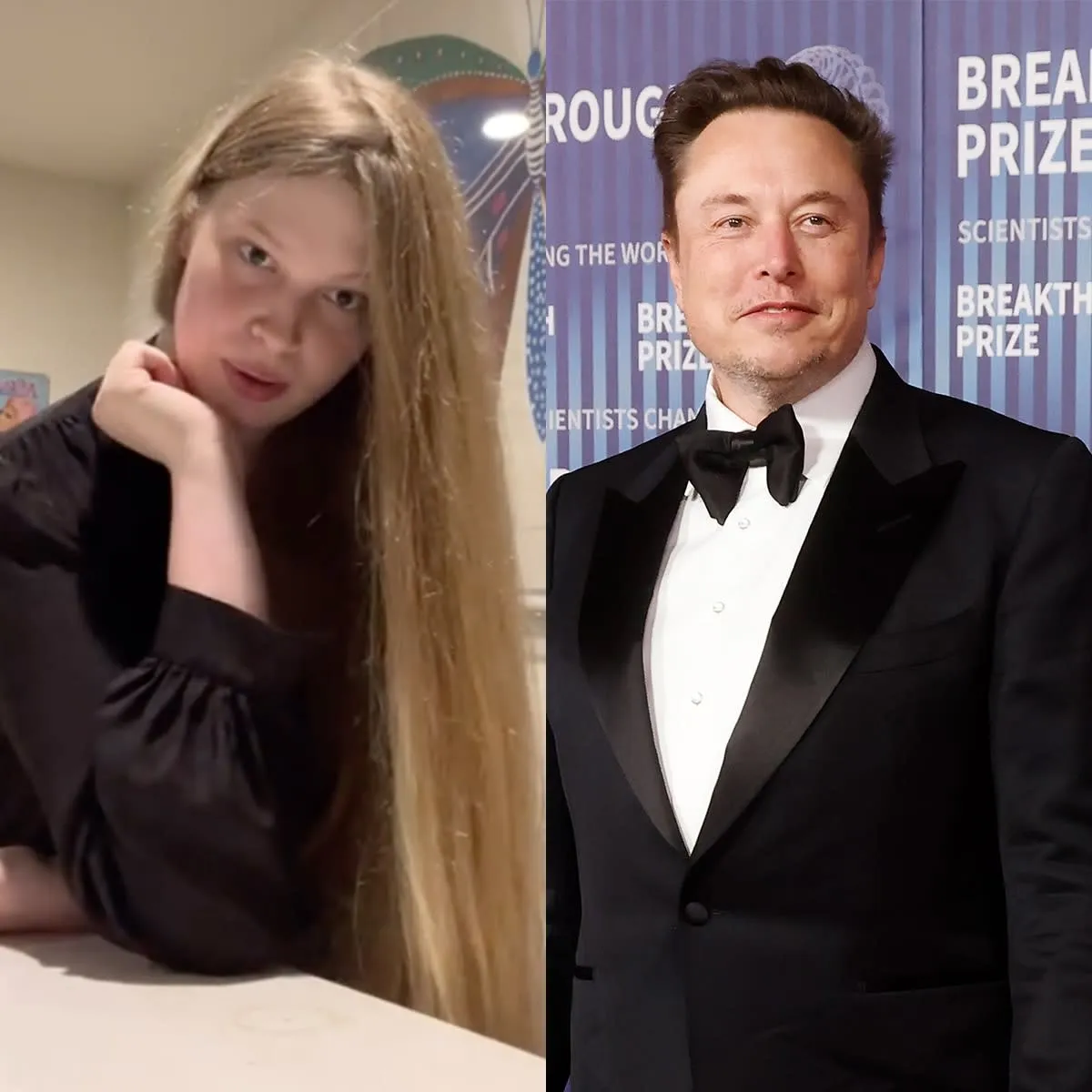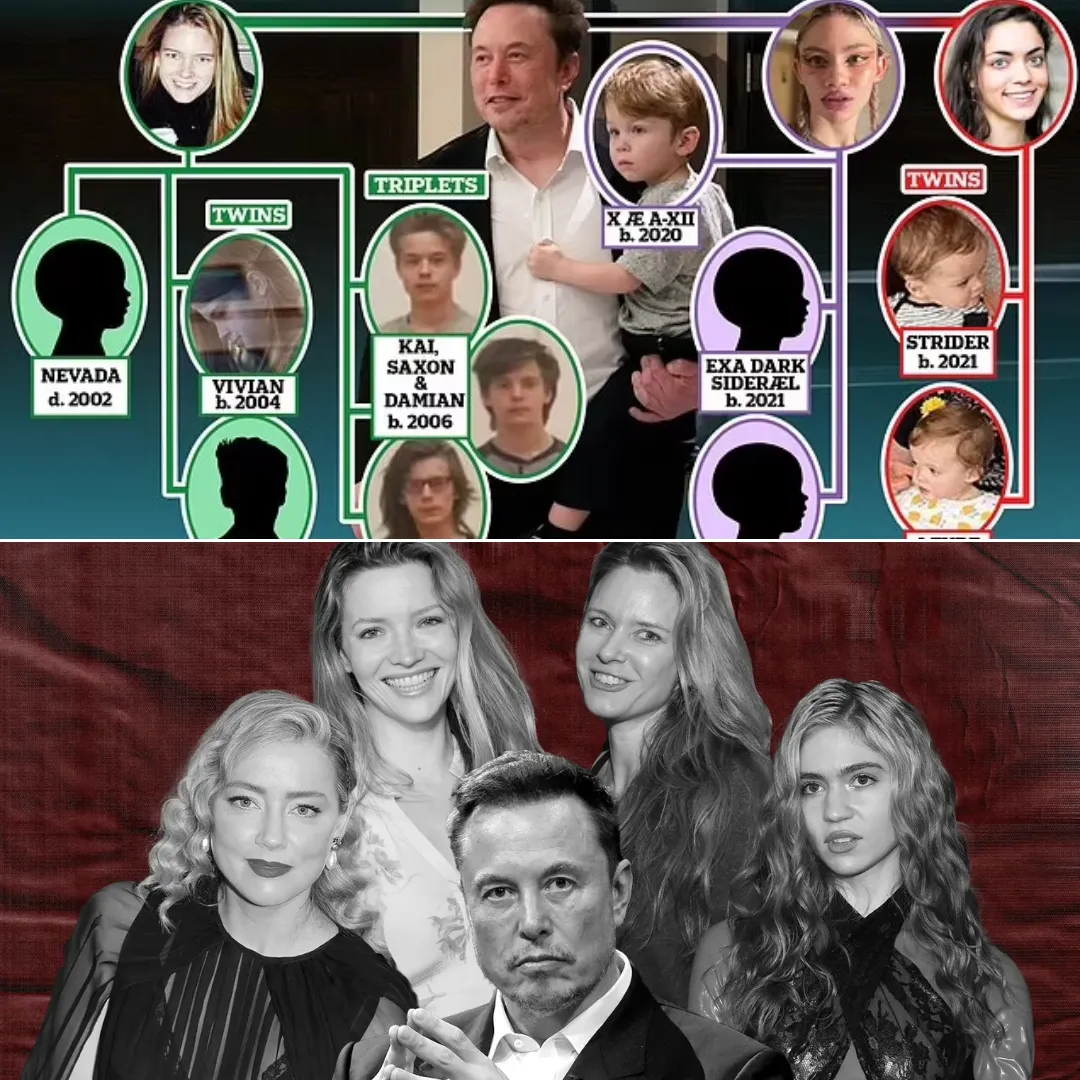
The used car market in the United States has witnessed remarkable shifts in recent years, with certain vehicles losing their value at a faster rate than others. According to the latest report from iSeeCars, a prominent automotive research site, there is a significant drop in the resale prices of some of the most popular used cars.
This data, gathered from over 1.4 million used vehicles, reveals a trend where electric vehicles (EVs), particularly Tesla models, are seeing a sharp decline in value in the second-hand market. Among the most notable findings, the Tesla Model S leads the list as the car that depreciates the quickest, with its value dropping by 17.2% in just one year. Tesla's other models, such as the Model Y and Model 3, are not far behind in the depreciation race.
The rapid decline in the resale value of Tesla vehicles, along with the significant drops in the prices of other used electric cars, has become a topic of intense scrutiny among both consumers and industry experts. One reason often cited for this rapid depreciation is the aggressive price cuts Tesla has implemented in the new car market, particularly with the Model 3 and Model Y.
By slashing prices on their new models, Tesla has created an environment where used Teslas are no longer seen as valuable alternatives, especially when compared to the freshly discounted new versions. This has forced consumers to reevaluate their decision to buy used Teslas, ultimately driving down their market price.
Another important factor influencing the rapid depreciation of Tesla's used cars is the highly competitive nature of the electric vehicle market. As newer, more advanced electric vehicles enter the market, the older Tesla models are seen as less appealing. Many of the vehicles that are now losing value quickly were once at the forefront of the electric car revolution, but now face increasing competition from manufacturers like Rivian, Ford, and GM.
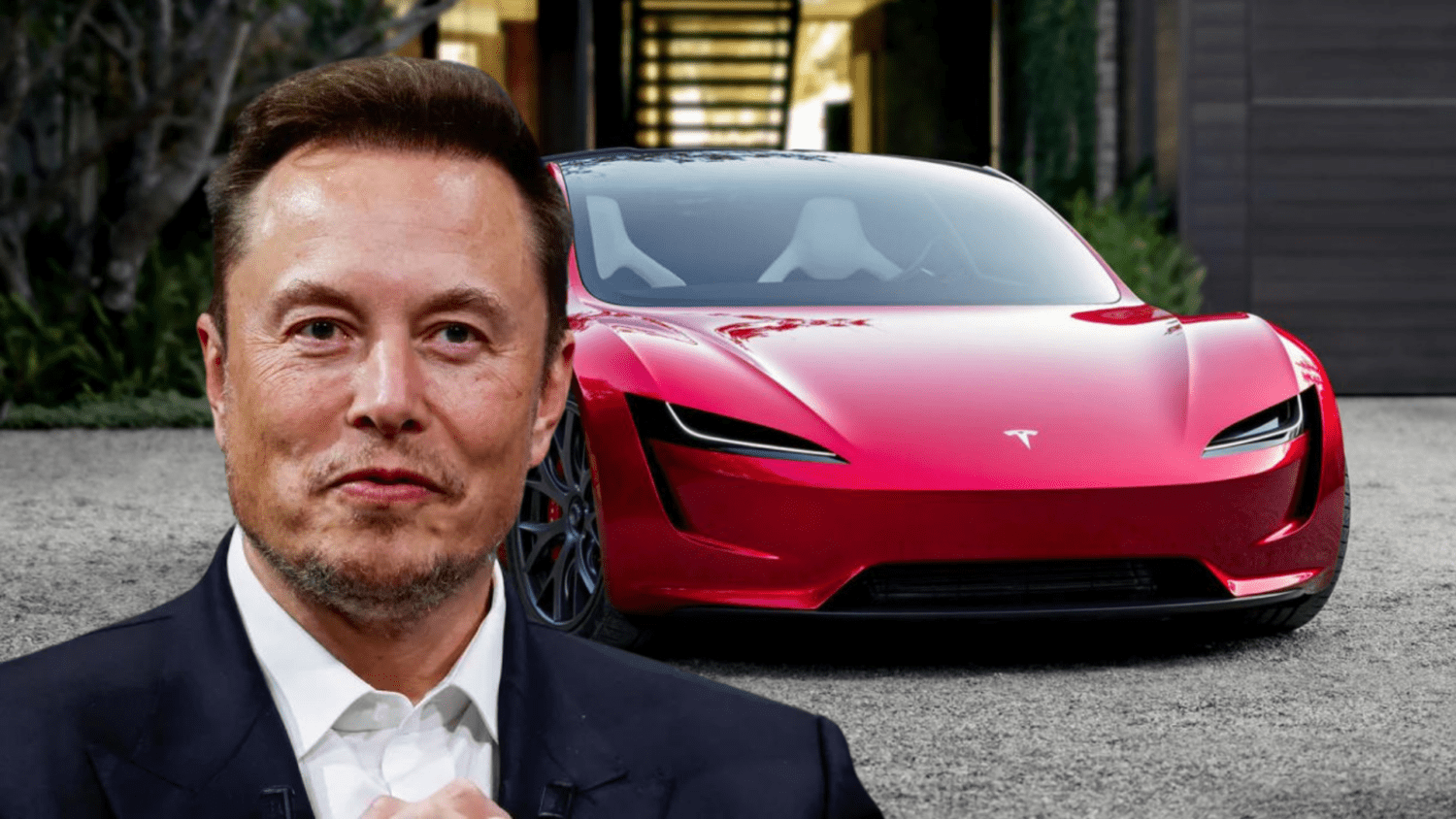
With the introduction of new features, improved battery life, and better performance metrics from other brands, Tesla’s older models are losing their status as the “go-to” electric vehicle. Furthermore, the increasing availability of EV alternatives with better infrastructure, advanced technology, and greater driving range contributes to the depreciation of earlier Tesla models.
Consumers are increasingly able to compare Tesla's past models with newer offerings from other automakers that offer superior performance and efficiency at a comparable price point. This shift in consumer preferences has left Tesla’s used car market struggling, particularly in a climate where buyers are more discerning and value-conscious than ever.
The situation has also sparked discussions among car industry experts about the long-term impact on Tesla’s brand. While Tesla’s aggressive pricing strategy for new vehicles has played a significant role in reducing the appeal of used Teslas, there is concern over how the automaker’s brand image could be affected by the rapid decline in resale values.
Some experts argue that Tesla’s willingness to slash prices so drastically may erode consumer confidence in the long-term value of the brand, particularly in terms of its resale value. On the other hand, others believe that Tesla’s innovative approach and ability to dominate the EV market with cutting-edge technology will eventually offset the negative effects of depreciation, but only time will tell if this proves to be true.
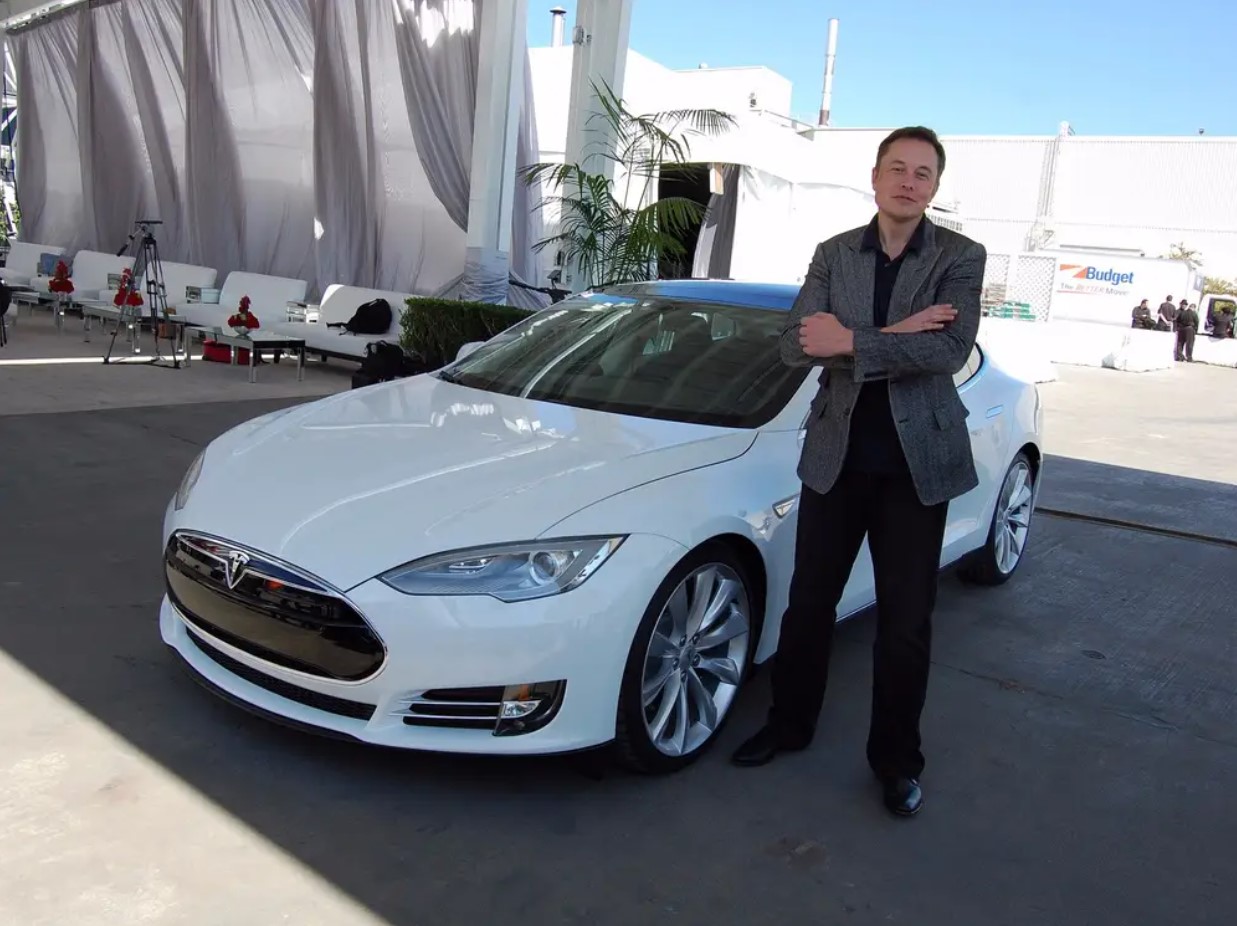
The decline in used car prices is not limited to Tesla alone, as many other electric vehicles have been caught in this downward spiral. Models like the Chevrolet Bolt and Nissan Leaf are also experiencing steep depreciation rates, highlighting a larger trend within the electric vehicle segment. However, no brand is experiencing the level of depreciation seen with Tesla.
As Tesla continues to push boundaries in terms of innovation and vehicle production, the company is simultaneously dealing with a market where its older models are being phased out quickly, making them less desirable in the used car market. The reasons for the rapid depreciation of used Teslas extend beyond just the economic factors of supply and demand. Industry analysts also point to the technological advancements within Tesla itself.
Tesla vehicles, once hailed as cutting-edge in terms of both design and technology, are quickly becoming outdated in comparison to the latest advancements in the industry. As Tesla continues to release new and improved models, their older vehicles no longer have the same appeal to consumers who are seeking the latest technology and innovations.
For many consumers, the allure of purchasing a used Tesla has diminished significantly in recent months, largely due to the better options now available on the market. Many potential buyers have realized that they can buy a brand-new Tesla at a relatively low price, with all the latest features, rather than settle for an older, depreciating model.
This shift in consumer behavior has put a strain on the used car market for Teslas, leaving many owners struggling to sell their vehicles at a reasonable price. While the rapid depreciation of used Teslas may be unsettling for some, it does provide an opportunity for savvy buyers to enter the electric vehicle market at a more affordable price point.
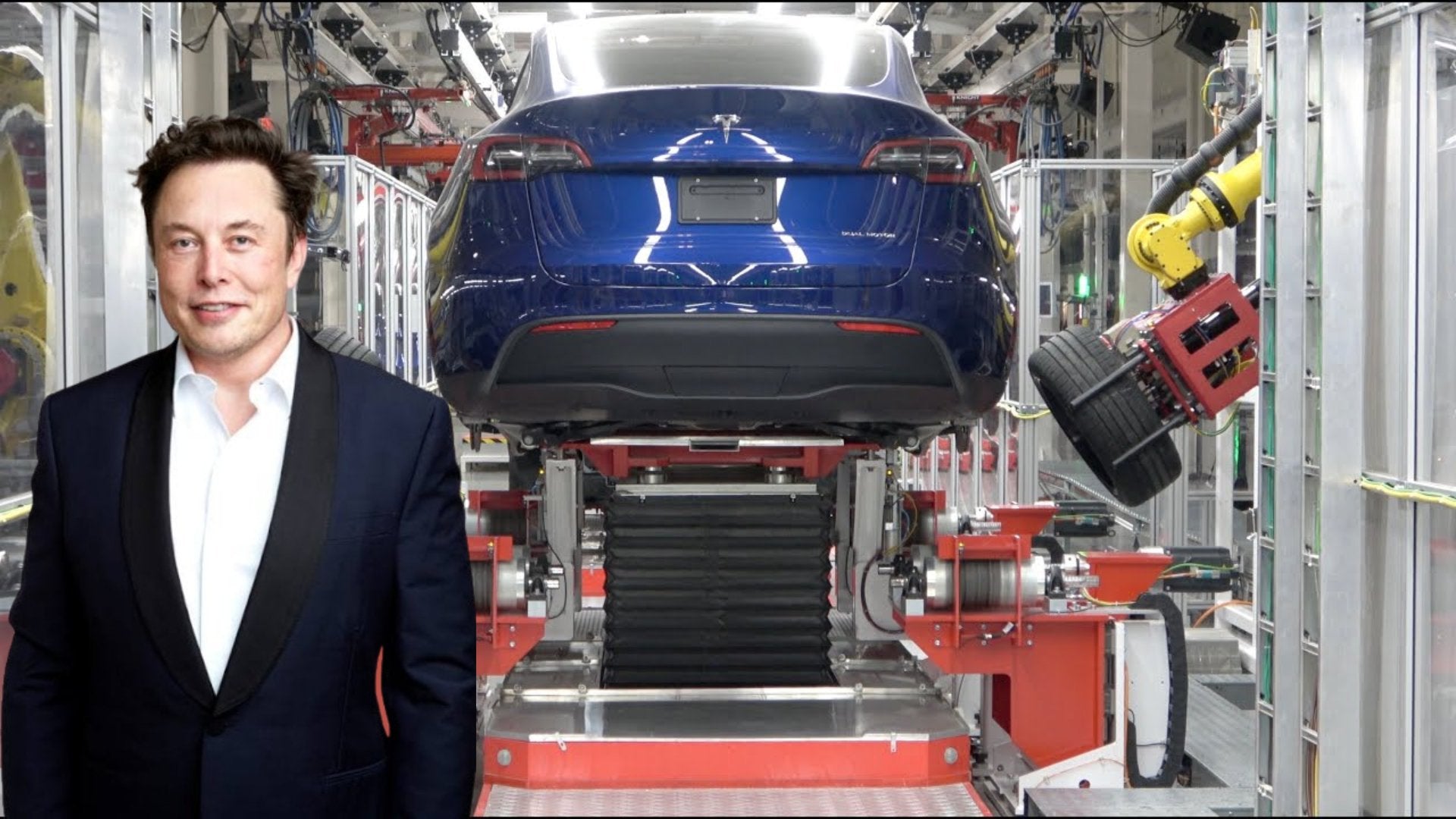
Those who are willing to take the risk on an older model can potentially secure a good deal on a Tesla, though it is important to recognize that these vehicles may not hold their value well over time. For consumers looking to purchase a used electric vehicle, the falling prices of Teslas could be an appealing prospect, particularly if they are comfortable with the idea that the vehicle’s value will continue to decline.
The effects of the depreciation in Tesla’s used car prices are not only felt by individual buyers, but also by the broader market. Tesla’s used car prices have become a significant benchmark for the entire electric vehicle industry. As Tesla’s prices continue to fall, other automakers may find themselves facing similar issues, especially if they cannot keep up with the rapidly evolving EV technology.
This could create a scenario where used EVs across the board begin to lose their value more quickly than traditional gasoline-powered cars, leading to a shift in how consumers view and buy electric vehicles. Looking ahead, the future of Tesla’s used car market remains uncertain.
It is possible that Tesla’s depreciation issues may subside as the company shifts its focus to developing new technologies and refining its existing models. However, as it stands now, the rapid decline in the resale value of used Teslas serves as a cautionary tale for those who might be tempted to purchase one without considering the long-term effects on its value.

In conclusion, while the depreciation of Tesla’s used vehicles may cause some concern for potential buyers, it also highlights the intense pace of innovation in the electric vehicle market. As new technologies continue to emerge, older models will inevitably lose their value at a faster rate, creating opportunities for both buyers and sellers in the market.
Whether this trend will continue or whether Tesla’s aggressive pricing strategy will eventually stabilize remains to be seen. What is clear, however, is that the fast-falling prices of used Teslas are reshaping the way consumers approach the purchase of electric vehicles and signaling a potential shift in the dynamics of the EV market.

